GP-endorsed text reminders help increase cervical screening attendance in London

A 6-month trial in London shows that text message reminders can help increase the number of women taking up the offer of cervical screening by nearly 5%.

A 6-month trial in London shows that text message reminders can help increase the number of women taking up the offer of cervical screening by nearly 5%.
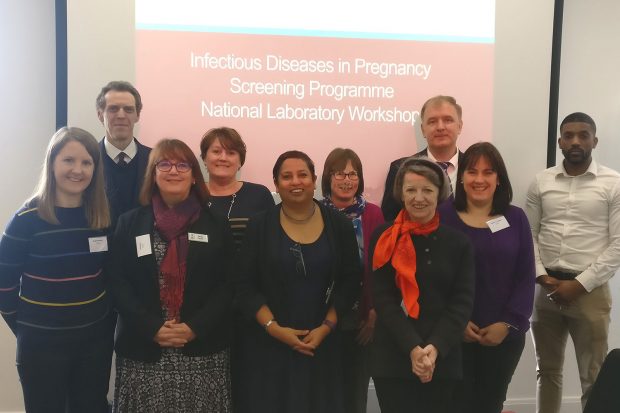
The NHS Infectious Diseases in Pregnancy Screening (IDPS) Programme held its first ever national workshop for screening laboratory staff.
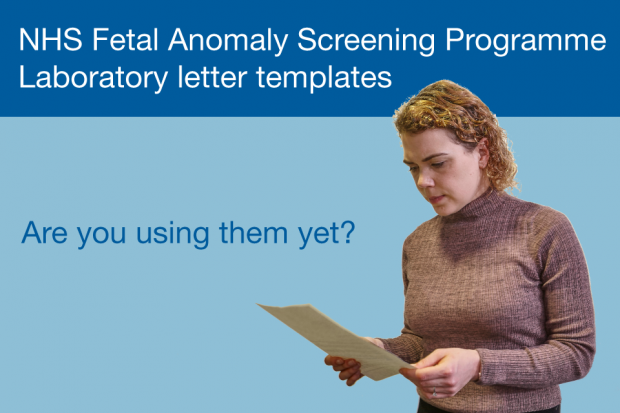
A reminder for antenatal screening laboratories to use the standard templates to let pregnant women know about low chance fetal anomaly screening results.
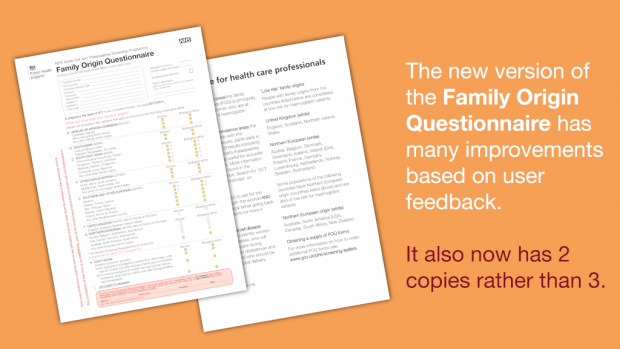
Details of the February 2019 changes and improvements to the sickle cell and thalassaemia screening family origin questionnaire.

Newborn screening laboratories have started to use a new IT system that provides oversight of screen-positive babies from screening to specialist care.
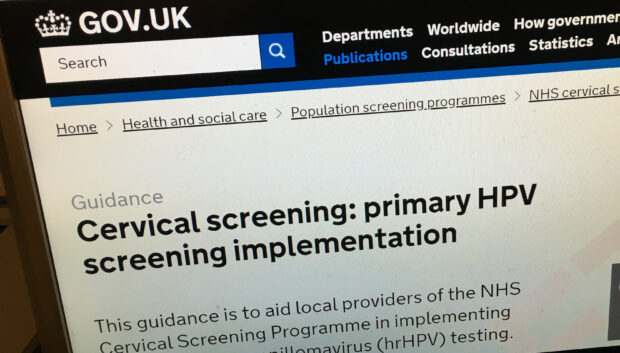
We have published new guidance for local cervical screening providers on implementing high-risk human papillomavirus (hrHPV) testing as the programme’s primary screening test.
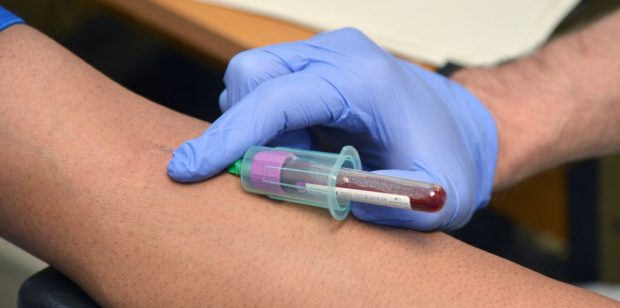
Project lead Robyn Parsons explains how the UK National Haemoglobinopathy Reference Laboratory in Oxford has provided a dedicated sickle cell and thalassaemia laboratory support service for antenatal and newborn laboratories and other healthcare professionals involved in the NHS SCT Screening Programme since 2010.
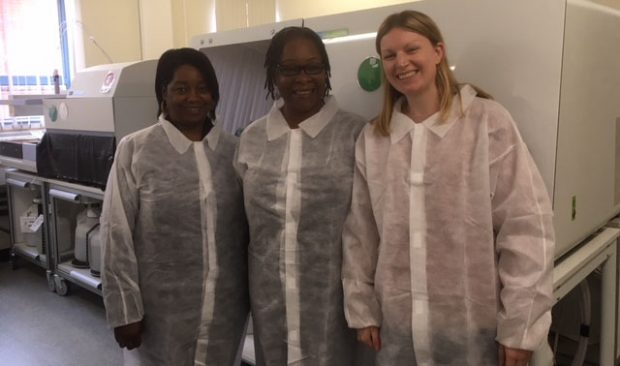
PHE Screening helpdesk advisor Katy Parker describes her factfinding visit to an antenatal screening laboratory in Bolton.
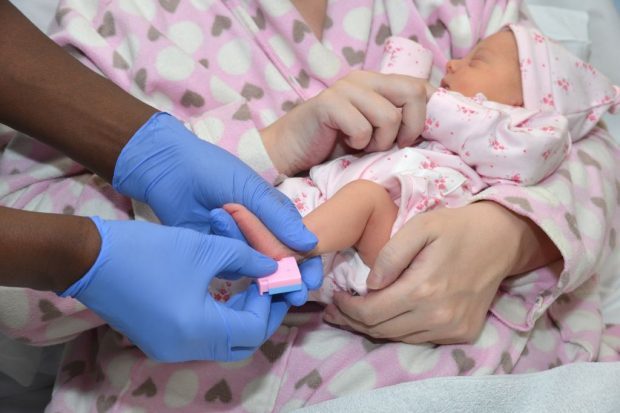
In the run up to Christmas last year one regional screening laboratory noticed they were receiving less blood spot samples than they were expecting, due to postage delays. Find out what measures are being put in place to avoid a repeat this year.
In 2016 it was announced that HPV primary screening will be rolled out in the cervical screening programme across the whole of England by 2020. Find out about latest developments.